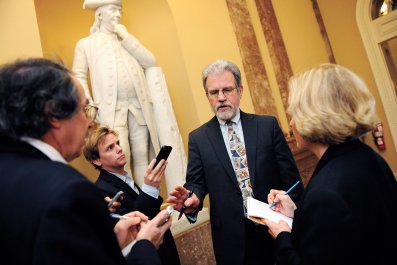It was all too clear in the countless commemorations and editorials marking the 50th anniversary of Martin Luther King Jr.'s March on Washington that the United States remains far from a perfect model of racial and ethnic tolerance. But Spencer Boyer at the Wilson Center argues that, nonetheless, Americans have a thing or two they can, and should, teach Europe about multicultural diversity. It's not that America's record is so good, really—look at the ongoing immigration debate. It's that Europe's record is so bad. If it's going to remain America's most important global partner, Europe, with its dwindling population, needs immigrants, and it needs to learn to live with them. Yet in 2010, German Chancellor Angela Merkel proclaimed the death of multiculturalism, saying it had "utterly failed." From Finland and Denmark to Italy and Greece, blatantly racist political parties have been on the rise. "Countries that are struggling with painful internal divisions at home tend to make weaker partners than those that are not," writes Boyer, and the talent that they need to thrive in a global marketplace will look elsewhere, he warns, "if these nations do not fully commit themselves to creating welcoming environments."
To Be Globally Competitive, Europe Must Be Inclusive
























